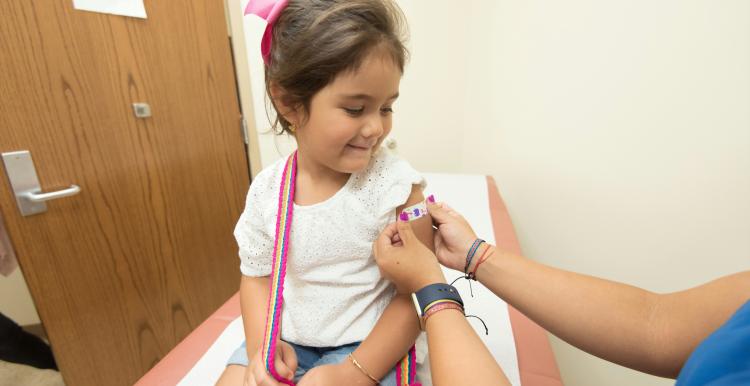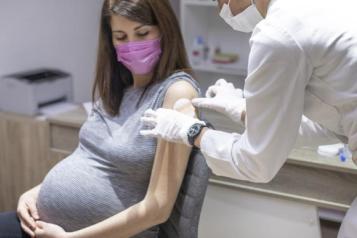NHS urges parents of 2 and 3-year-olds to come forward for flu vaccine

The flu vaccine is usually given to children as a quick and painless spray up the nose – without the need for an injection – unless your child cannot have porcine gelatine in medical products, in which case an injected flu vaccine is available as an alternative.
Flu season usually peaks in December and January, so starting vaccinations in autumn will ensure those most at risk are protected during the colder months when people gather indoors and viruses spread.
Last year, during the peak of winter flu cases, data showed there were 2,478 patients in hospital with flu each day – 2.5 times higher than compared to the previous year (2,478 week ending 4 February 2024 versus 961 in the same week of 2023).
While Australia’s flu season this year – which is normally a good predictor for how seasonal viruses will play out in the English winter – saw health services manage a big wave of COVID-19 infections alongside a rise in influenza and other winter illnesses.
Other eligible groups will soon be able to get their flu and COVID-19 jabs from 3 October, with online bookings opening on 23 September.
This month, for the first time ever, the NHS is also offering the respiratory syncytial virus (RSV) vaccine to pregnant women from 28 weeks and older adults aged 75 to 79. Pregnant women are encouraged to book their vaccine via their maternity service or GP practice and older adults should wait to be invited by the NHS.
In line with advice from the Joint Committee on Vaccination and Immunisation, those eligible for a flu vaccine this year include:
From 1 September:
- pregnant women
- all children aged 2 or 3 years on 31 August 2024
- primary school aged children (from reception to year 6)
- secondary school aged children (from year 7 to year 11)
- all children in clinical risk groups aged from 6 months to less than 18 years
From 3 October:
- those aged 65 years and over
- those aged 18 years to under 65 years in clinical risk groups (as defined by the Green Book)
- those in long-stay residential care homes
- carers in receipt of carer’s allowance, or those who are the main carer of an elderly or disabled person
- close contacts of immunocompromised individuals
- frontline workers in a social care setting without an employer led occupational health scheme including those working for a registered residential care or nursing home, registered domiciliary care providers, voluntary managed hospice providers and those who receive direct payments (personal budgets) or personal health budgets, such as personal assistants
Article originally published on: NHS England » NHS urges parents to help protect their children ahead of winter with flu vaccine rollout

